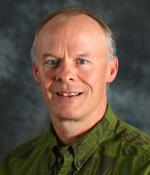 |
Stephen C. HartProfessor, Life and Environmental Sciences Professor Hart's research explores the controls of biogeochemical processes and productivity in managed and wildland terrestrial ecosystems using methods such as:
His research group is currently investigating:
|
shart4@ucmerced.edu(209) 228-4656Full Profile |
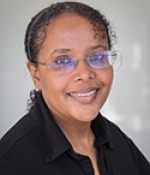 |
Asmeret Asefaw BerheProfessor, Life and Environmental Sciences Professor Berhe's research is broadly focused on soil science and global change science. The main goal of her research is to understand the effect of changing environmental conditions on vital soil processes, most importantly the cycling and fate of essential elements in the critical zone. She studies soil processes in systems experiencing natural and/or anthropogenic perturbation in order to understand fundamental principles governed by geomorphology, and contemporary modifications introduced by changes in land use and climate. Professor Berhe's general research themes are:
|
aaberhe@ucmerced.eduFull Profile |
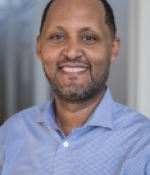 |
Teamrat A. GhezzeheiProfessor, Life and Environmental Sciences Professor Ghezzehei's research interest is in the movement and transformation of mass and energy in porous media at a fundamental level, as well as their application to environmental- and energy-related problems. The scale of his interest ranges from sub-pore scale dynamics of water-gas interfaces to water flow and solute transport at scales of tens of meters. The scope of his research includes laboratory and field experiments, theory, and computational modeling. |
taghezzehei@ucmerced.edu(510) 681-3550Full Profile |
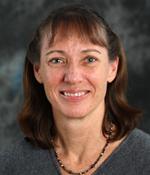 |
Peggy O'DayProfessor, Life and Environmental Sciences Peggy O'Day is environmental geochemist who studies the chemistry, reaction, and transport of inorganic contaminants and species, primarily metal and metalloid elements, in surface and subsurface systems. She specializes in the use of spectroscopic and microscopic methods, especially synchrotron X-ray techniques, to determine element speciation and molecular-scale mechanisms of biogeochemical reactions in natural systems and laboratory analogs. She develops and applies thermodynamic, kinetic and reactive transport models for synthesis and quantitative description of biogeochemical cycling, reactivity, transport, and bioavailability. Current research projects include:
|
poday@ucmerced.edu(209) 228-4338Full Profile |
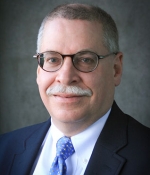 |
Samuel J. TrainaProfessor and Vice Chancellor for Research and Economic Development Using a wide range of analytical methods (infra-red spectroscopy, electron microsocpy, x-ray absorption spectroscopy and mass spectroscopy), Professor Traina's group studies:
Current projects include the study of:
|
straina@ucmerced.edu(209) 228-7964Full Profile |